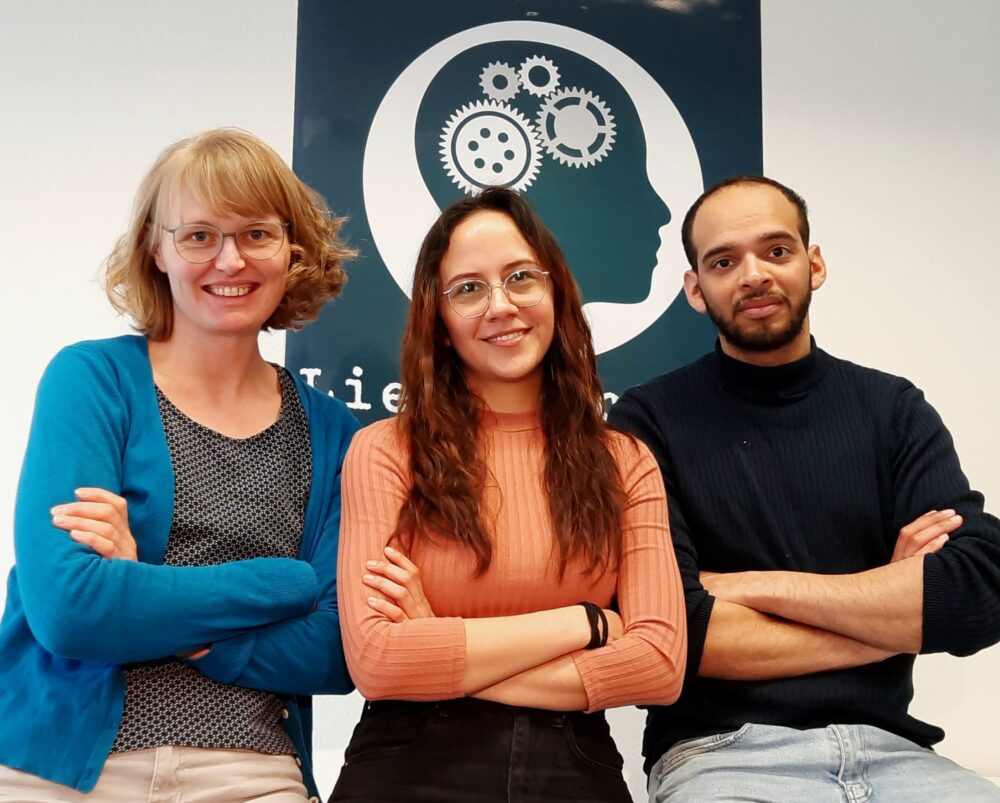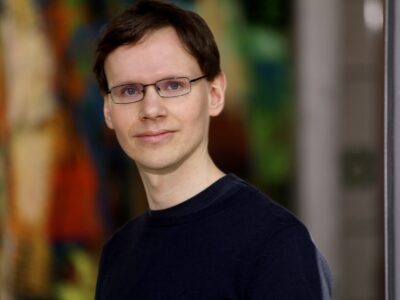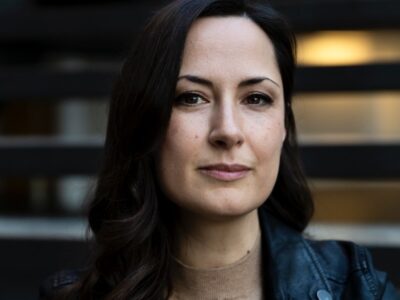Questions for Publix residents: Lie Detectors
In each newsletter, we will introduce an organisation that is moving into the Publix building. In this issue: Lie Detectors.

What is the core of your work?
Lie Detectors: It’s all about media literacy. As an independent organisation, we combat the corrosive effects of online polarisation and disinformation on democracy in Europe. We empower young people and teachers to separate fact from fiction and opinion online and to understand how professional journalism works.
How do you do that?
We work with more than 300 journalists and editorial offices across Europe. We contribute the results to advisory bodies and decision-making processes and, above all, advocate for intelligent policies in the area of education and digital rights. In Germany, for example, we do this with the „Journalismus macht Schule“ association, which we co-founded, of which we are chairpersons and which is also part of PUBLIX.
How do you finance this?
We are mainly funded by the Wyss Foundation and our work in classrooms is free of charge. Some of our projects are funded by the EU. We do not accept any money from political parties or internet platforms.
What is the main focus of your work?
Now in our seventh year, we visit more than 1,000 classrooms every year. We are increasingly training teachers and focussing on Central and Eastern Europe. We want to work more closely with experts from the fields of cognitive psychology and neurology to also better address the algorithms that influence the integrity of our many information spaces.
What is the aim of your commitment?
We want to strengthen trust in quality journalism through direct dialogue between schools and media experts. Our long-term goal, in line with the considerations of UNESCO and the OECD, is for critical media literacy and the guarantees it offers our democracy to be recognised internationally as a core skill alongside reading, writing and arithmetic. And that it is therefore seen as a fundamental educational right. On the digital rights side, our goal is to help take the necessary steps to combat polarisation and disinformation, especially by holding the major online platforms to account.
What gives you a headache?
Lie Detectors: We are thinking very hard about how we can turn teachers and young people into multipliers for a more nuanced approach to the online information world. What we are doing is not rocket science. How can we convince political decision-makers to invest more ressources in creating an infrastructure for critical media literacy?
PUBLIX: Tell us about your biggest success in recent months.
Lie Detectors: We are fortunate to work with thousands of children and teachers each year and recently held our 5,000th class visit. Every visit is a small victory. Children aged 10 to 15 are receptive to our message: that you can fight back against disinformation using your own common sense. They are also learning that it makes sense to stop and look for quality, fact-based information when we form our picture of the world. We recently received news that we will be involved in several new groupings to promote media literacy in Europe, and that is a success.
PUBLIX: What should everyone listen to or watch now?
Lie Detectors: Everything that Shoshana Zuboff writes. Also the results of the research on polarisation currently being published by academics such as Stephan Lewandowsky (on climate scepticism) and Sander van der Linden (on polarisation). And of course the podcast "Doppelstunde" by our Journalismus macht Schule treasurer Florian Nuxoll, who is also a teacher.

